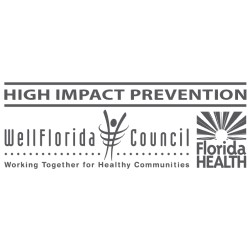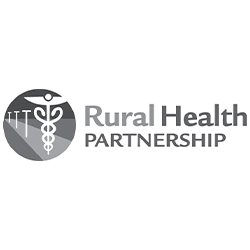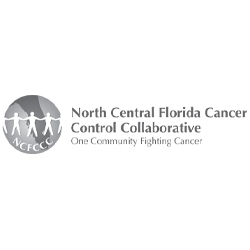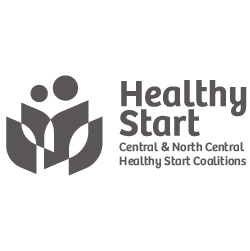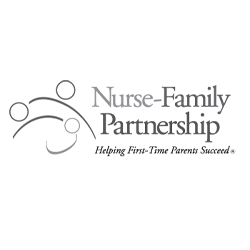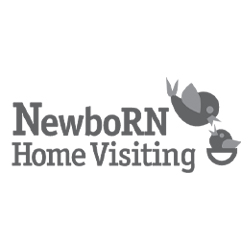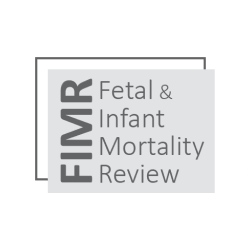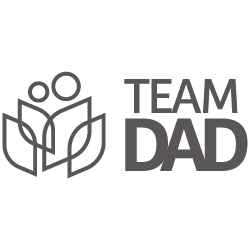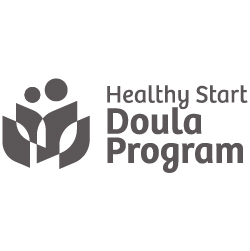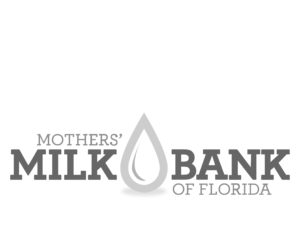County increasing awareness on national HIV testing day
Gainesville Sun
On Wednesday and Friday this week, several testing events have been planned in Alachua County.
Increasing awareness of the importance of getting tested for HIV will again be the focus of National HIV Testing Day, which will be observed nationwide on Wednesday.
“Getting tested is the first step in taking care of your health and controlling the spread of HIV (human immunodeficiency virus),” said Gay Koehler-Sides, HIV/AIDS program coordinator at the Alachua County Health Department and other health departments in Area 3/13, which includes Bradford, Citrus, Columbia, Dixie, Gilchrist, Hamilton, Lafayette, Lake, Levy, Marion, Putnam, Sumter, Suwannee and Union counties.
“Once you know your status, you can make informed decisions about your health,” Koehler-Sides said.
The health department and other agencies can help people who test positive receive care and medications to improve their health and reduce the chances of them transmitting the virus to others, Koehler-Sides and others say.
National HIV Testing Day also will be recognized Wednesday in Alachua County. The theme for the day will be “Test Your Way: Do it Today.”
Those interested are encouraged to visit https://knowyourhivstatus.com to find a testing site near them, but several testing events will take place in Gainesville.
The county health department will host free HIV testing events from 3-6 p.m. Wednesday at The Heart of Gainesville Thrift Store at 125 NW 23rd Ave. and from 5:30 to 8:30 p.m. Friday at University of Florida Health Family Medicine at 1707 N. Main St.
The WellFlorida Council High Impact Prevention program will host free HIV testing, both on Wednesday, from 10 a.m. to 2 p.m. at Santa Fe College at 3000 NW 83rd St. and from 9:30 p.m. to 1 a.m. at the University Club at 18 E. University Ave. in downtown Gainesville.
Free HIV testing on Wednesday also will take place from 8 a.m. to noon at GRACE Marketplace at 3055 NE 39th Ave.
The events will feature counseling and testing, education, free condoms, and referrals to other resources in the community that deal with HIV/AIDS issues. People who are HIV positive will learn about medical care opportunities.
For the HIV negative community, the Alachua County Health Department and health departments throughout the state are encouraging people to use pre-exposure prophylaxis (PrEP) medication, a pill that can reduce the risk of acquiring HIV if taken once daily and is used along with condoms and other prevention methods.
The medication reduces the risk of contracting HIV by 90 percent, according to the Centers for Disease Control and Prevention.
The health department at 224 SE 24th St. has a PrEP clinic for both the insured and uninsured, which provides clients with up to a 90-day supply of medications.
The CDC recommends that everyone 13- to 64-years old be tested for HIV at least once during their lifetime, and persons with an increased risk for HIV infection be tested at least annually.
Those with an increased risk for HIV infection include men who have sex with men, people who use needles to inject illicit drugs into their bodies, and those who have recently been incarcerated, engage in promiscuous sex, and ethnic minorities, especially blacks and Hispanics, experts say.
Testing for HIV has become more convenient than ever because there are more ways to get tested. All Florida Department of Health locations and many community-based organizations, such as the WellFlorida Council, offer free and confidential HIV Testing. Also, testing officials offer different types of testing, such as blood draws to oral swabs.
Another factor that’s led to increased testing is that oral fluid diagnostic and collection device companies such as OraSure Technologies have developed HIV testing products that have made testing easier and accessible with testing kits that can be purchased from pharmacies, said Jeffrey Solius, WellFlorida Council’s HIV prevention coordinator.
There were no viable options to treat HIV in the 1980s and 90s, but today, there are more than 40 HIV-specific antiretroviral medications approved by the Federal Drug Administration, said Karen Klubertanz, HIV program director for WellFlorida Council.
In the early days of the disease, most people lived an average of 18 months after being diagnosed with HIV, Klubertanz said.
“Today, people newly diagnosed with HIV are predicted to live a nearly average life span for their age group if they engage in and stay in medical care and take their HIV medications regularly,” Klubertanz said.
Back to News page
